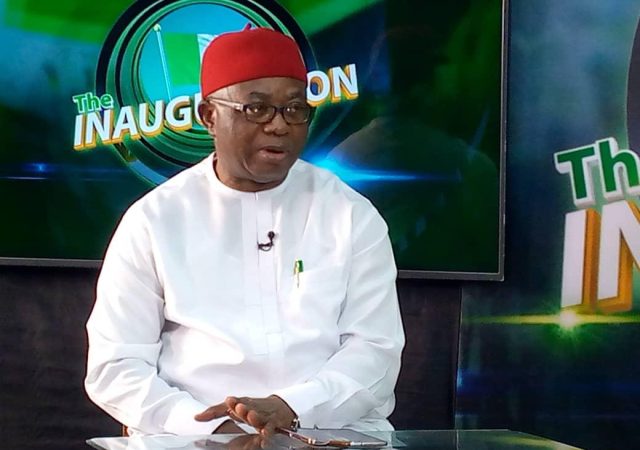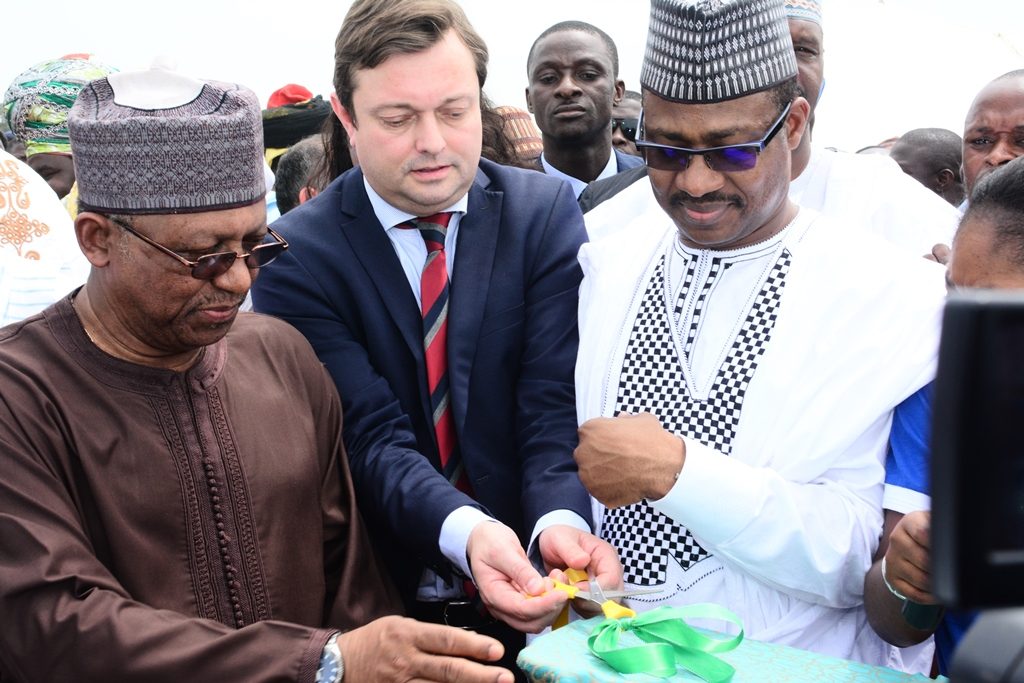
By Sunday Oyinloye
For the Gui community in Abuja, Nigeria, it’s a new dawn as a new Healthcare facility has been provided for the use of the residents by European Union.
Over the years, EU-SIGN has strengthened the capacity of the national cold chain and immunisation system with the purchase of Direct Drive Solar Refrigerators and maintenance of existing cold chain equipment that will help keep vaccine cold when there is no power.
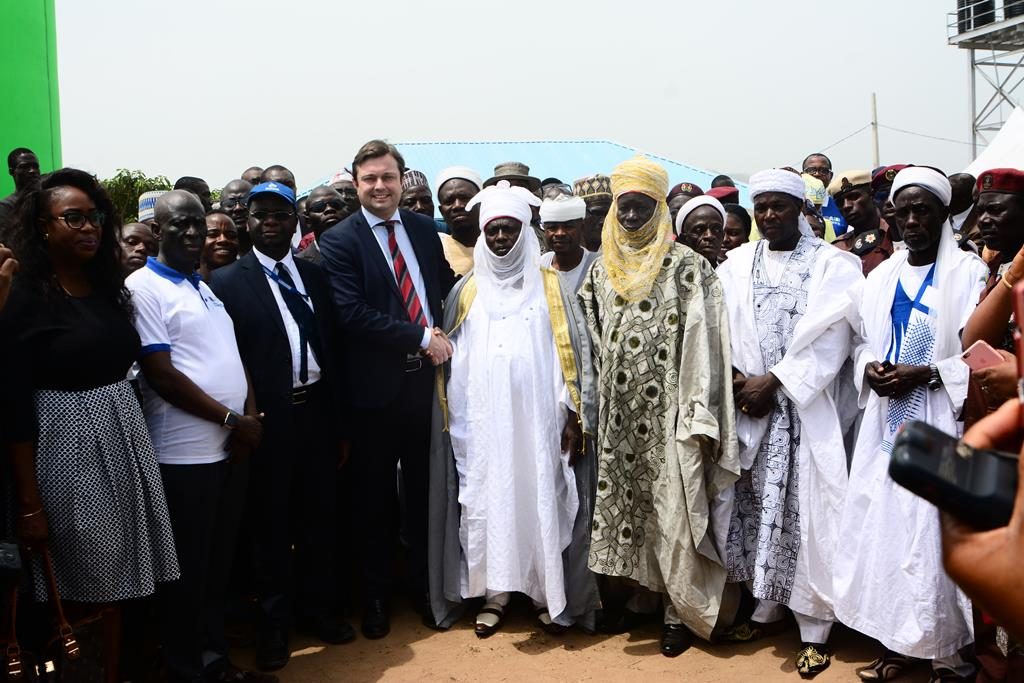
They have donated vehicles to reach underserved areas with vaccines and other medical supplies and funding PUSH system-flung areas through direct delivery to immunisation points.
Besides, they have renovated many Primary Health Care Centres and trained more than 1200 health workers on Data Quality Use Support Supervision component of DHIS2 across the 506 local government areas in 23 states and the Federal Capital Territory among other interventions
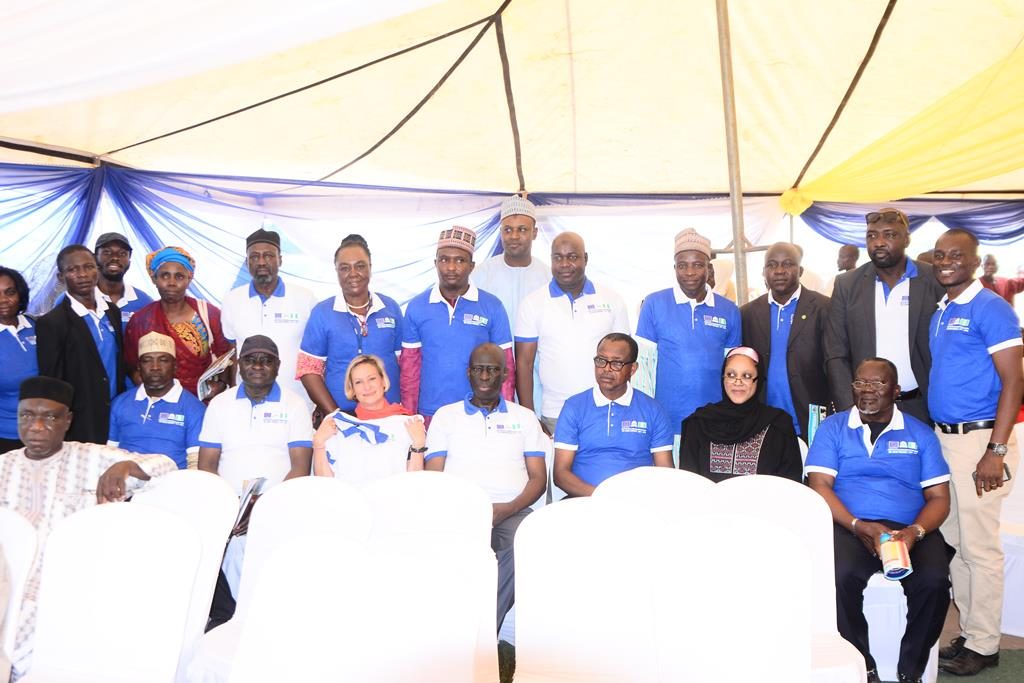
In his address at the presentation ceremony, the EU Ambassador to Nigeria, Ketil Karlsen, tasked state governments in the country to make adequate budgetary allocations to cover immunisation programmes in 2018 fiscal year.
Ketil disclosed that EU has provided an additional N3.8 billion to support the Nigerian government’s immunization programme in 23 states of the federation and the Federal Capital Territory.
According to him, the fund was also to strengthen primary health care under its seven-year project Support to Immunization Governance in Nigeria (EU-SIGN) 2011-2018 initiative.
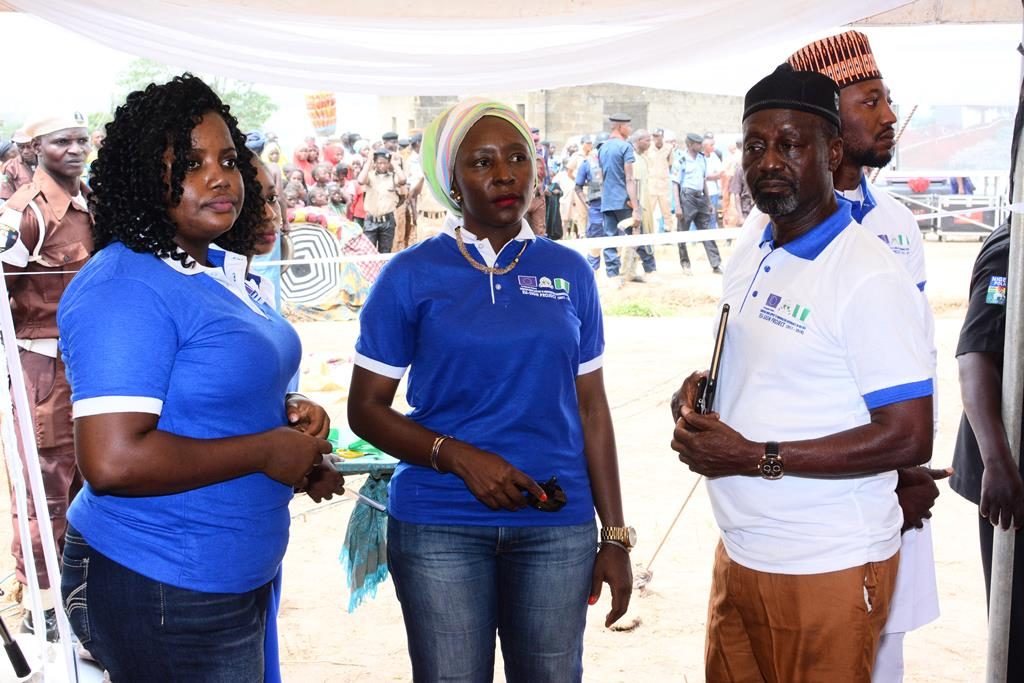
The project is in collaboration with the National Primary Health Care Development Agency, NPHCDA .
Support has been given to 23 EU-SIGN target sates ,namely, Abia, Cross-River, Gombe, Kebbi, Osun, Plateau,Lagos,Ogun,Edo,Akwa-Ibom,Rivers,Ebonyi,Anambra,Kogi,Kwara,Bauchi,Yobe, Jigawa, Katsina, Kaduna, Zamfara, Sokoto and Kano as well as the Federal Capital Territory.
Ketil said further: “The amount was used to fund the procurement of vehicles and solar refrigerators as well as the construction and renovation of health facilities and cold stores in 23 states of the Federation and the Federal Capital Territory”.
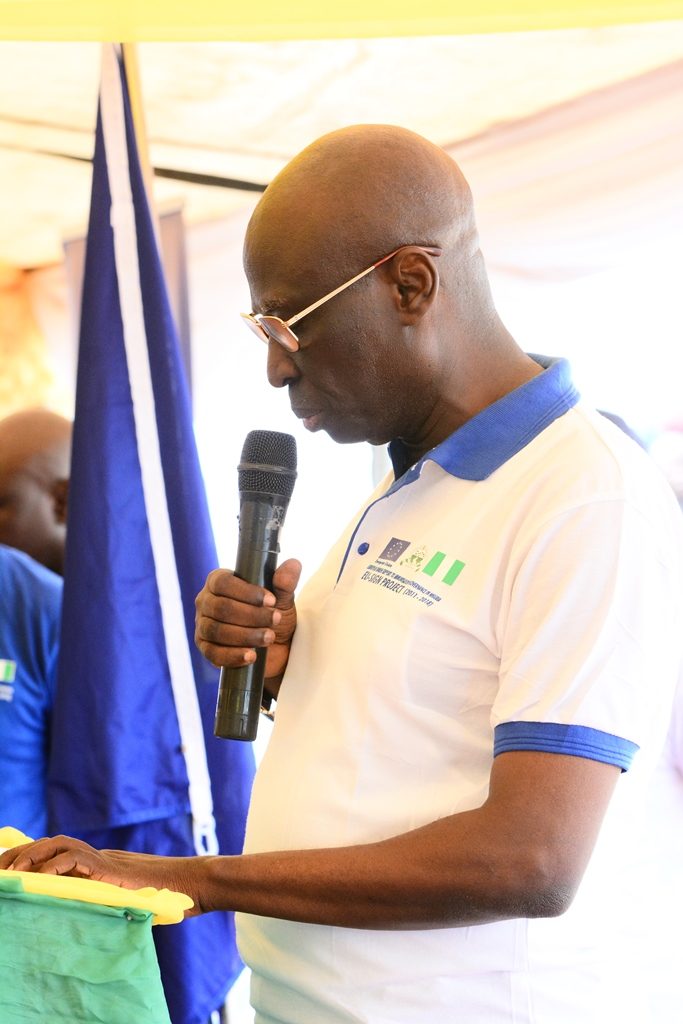
Beyond the financial assistance, the Ambassador explained that the EU is also concerned about the governance and management of health service delivery and the utilisation of available budgets in a transparent and accountable manner.
Ketil disclosed that it was important for each tier of government to make adequate and predictable budgetary allocations for recurrent immunistion costs for vaccine distribution, outreaches, regular power supply to the health facilities with the facilities manned by qualified medical personnel.
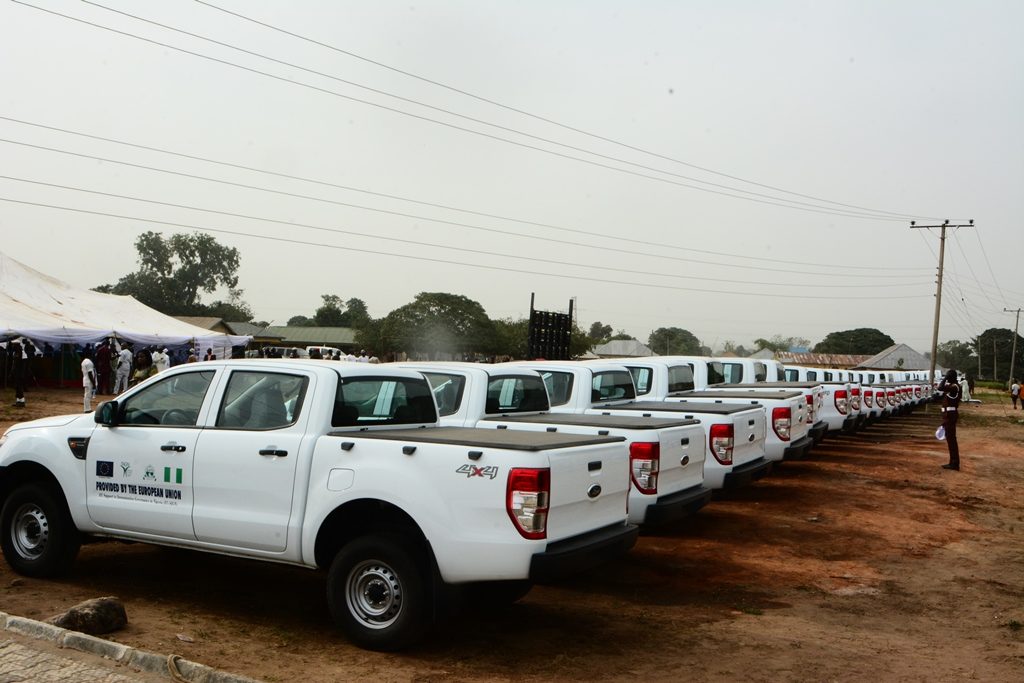
The Executive Director, NPHCDA, Dr. Faisal Shuaib, in his remarks acknowledged the EU’s support in reducing the burden of vaccine preventable diseases and polio eradication in Nigeria stressing that more support is needed for the country’s health system to reach its full potential.
In his words: “I wish to draw the attention of the EU to the fact that, Nigeria health system, especially the routine immunisation system is not there yet. With the recent outcome of the MICS survey, 2016 we still have a long way to go especially now that the country faces economic challenges.
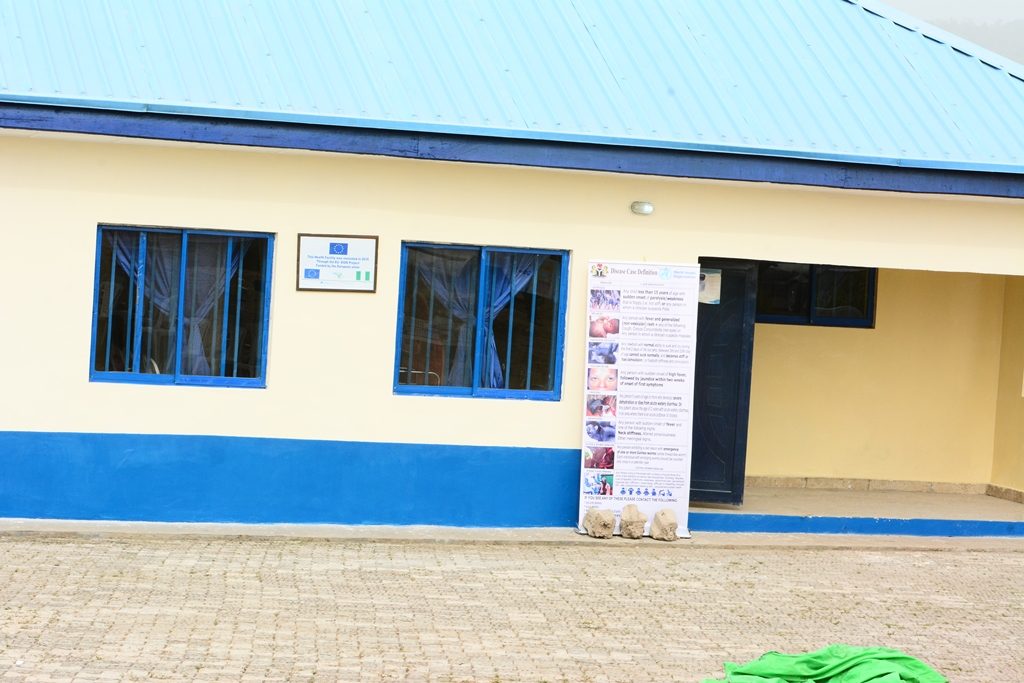
According to Faisal, EU’s further support for the improvement of Nigerian health system would be appreciated.
Some residents of Gui community who spoke with Green Savannah Diplomatic Cable commended EU for coming to their aid adding that they are looking forward to more social amenities and better infrastructural development in the area.






